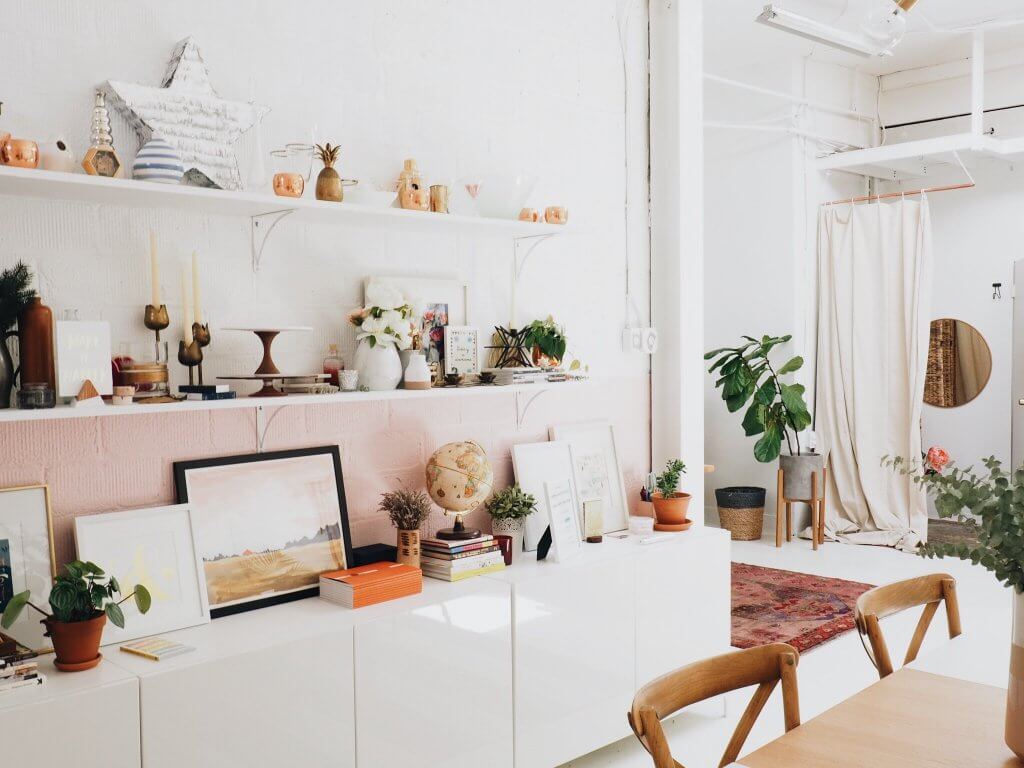
It is said that one man’s trash is another man’s treasure. In many cases, this is true. What functions well or is lovely to one person may be the exact opposite to someone else. This can make defining exactly what clutter is a challenge, as it varies by the individual.
A commonly quoted phrase in the world of minimalism is ‘Have nothing in your house that you do not know to be useful, or believe to be beautiful.‘ (William Morris). Let’s further define these terms.
Useful
What does useful mean? Some would argue that just about anything could be useful, but if you are not actually using it and are keeping it for the .01% chance that you might use it, then it probably can’t be described as useful (to you).
Thinking something may be useful is one of the reasons people hang on to clutter. For people who practice frugal decluttering, it can be a bigger challenge since they really don’t want to have to rebuy something that they ended up needing.
Beautiful
What about beautiful? For items that do not serve a functional purpose, if you don’t fully love and treasure it, then it probably could not be described as beautiful.
Another defining question with clutter is: do you want to take this item into your future life? If the answer is no, then likely you are not finding it useful or beautiful.
What Clutter Is…
- something someone else thinks you need but you do not use
- something you believed you needed but you don’t actually use
- items that are part of your dream life but not your reality
- something you settled for and don’t truly love
- an out-of-control collection
- duplicates
Our belongings are meant to serve us, but we have become the slaves instead of the masters. We spend a lot of time, money and energy in the process of owning items.
First, we research to make sure we are making the most informed choice. Then we spend our hard-earned dollars to buy the item. And finally, we expend our energy to maintain the item by storing, cleaning, and repairing it. Items become clutter when they are no longer used or appreciated.
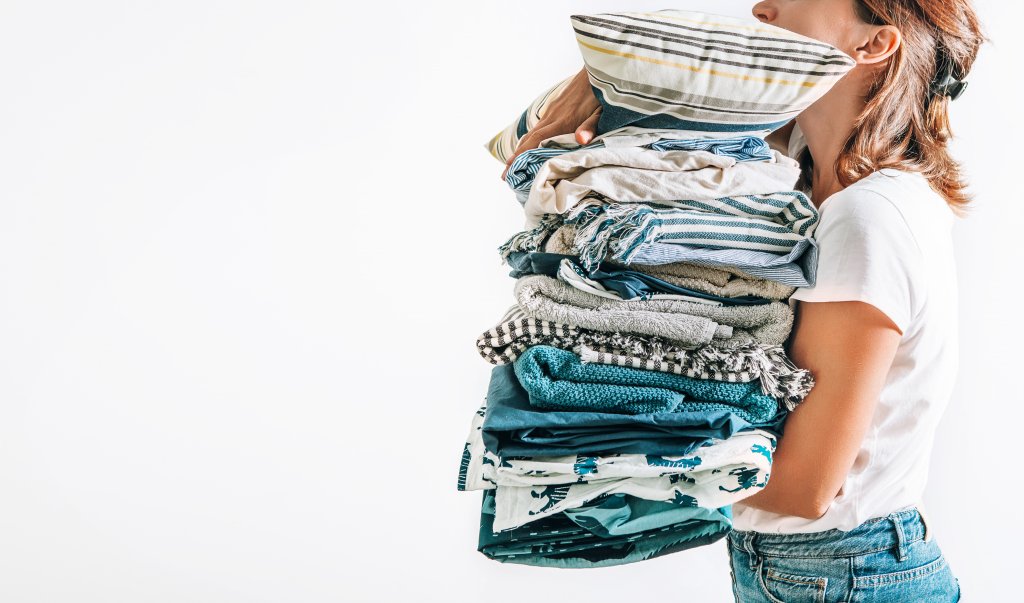
Clutter control
Clutter can also be thought of in terms of our ability to control it. When we have too much, the excess becomes clutter, as it causes stress, anxiety, and a feeling of failure. Our items become clutter when they take over and make our homes feel out of control.
As we consider whether or not we either want to get rid of something we already have or buy something new, consider the ability to be able to retain control over your home. If it feels like it will be too much to maintain, then pass it on or do not purchase.
When you know you have something but cannot find it amongst the piles of piles, and then end up buying another one and later discover you already had 2, it is not super efficient.
When you experience difficulty accessing items and organization is a challenge due to the sheer amount of stuff, clutter may be the issue.
If you are having to dust a ton of little tchotchkes, you may have a clutter problem.
When you love everything, you love nothing. When everything is important, nothing is important.
The paring down and selecting of your most favorite things lets them shine rather than getting lost amongst all the other things.
You may even discover forgotten treasured items that were hidden behind other things as clutter is cleared away.
Need more help figuring out what clutter is? Check out this post with 15 questions to ask to help you decide what’s clutter.
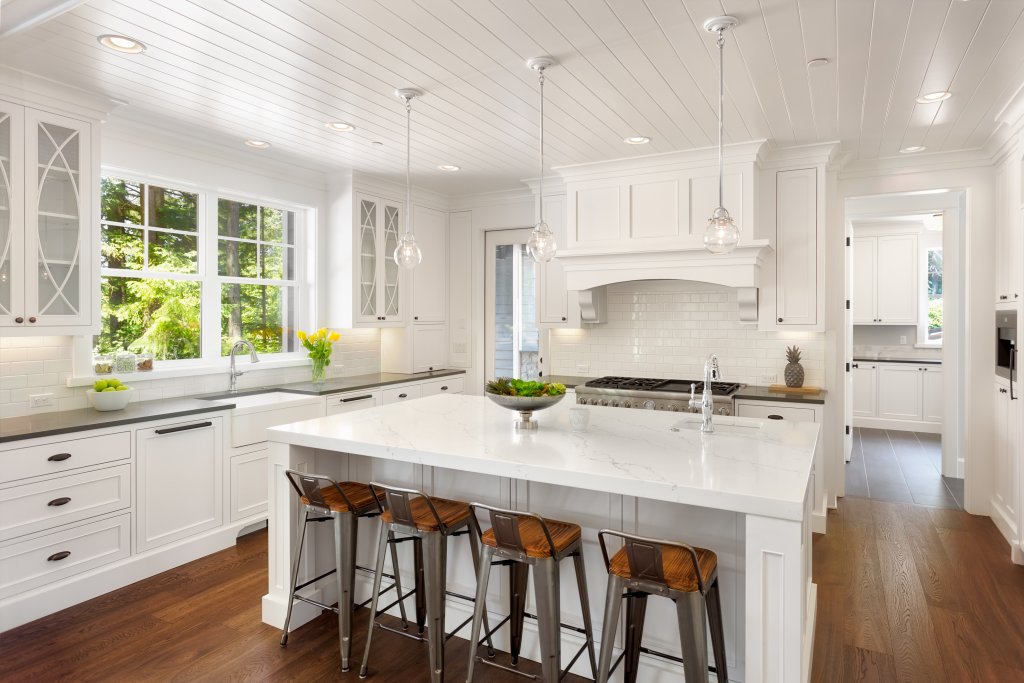
Clutter is the excess that stands between you and your beautifully simplified life.
Can you imagine opening your closet and seeing only pieces you love?
Or going to select a mug and your favorite ones are all that you have?
What if we emphasized quality over quantity?
What would it be like to only have things you truly treasure and love?
What will life look like after all the clutter is cleared out and only the necessary and treasured remains?
What would it feel like to not have to sort through all the extras to find your cherished belongings?
Now that you have a clearer sense of what clutter is, imagine your life without it.
Defining what clutter is can be the first step in figuring out how to deal with it and overcome it.
Want to keep up to date on the latest Simplicity Habit information? Sign up below and also receive the Declutter Plan of Attack worksheet to begin decluttering your home today!
Need more help with decluttering?
I created the Your Home Decluttered workbook to help walk you through the decluttering process. It includes sections on setting goals, creating your plan, checklists for each room type, celebrating your victories, assessing your habits, and making sure you reached your goals.
For further details on the workbook and to purchase, go here: https://thesimplicityhabit.teachable.com/p/yourhomedeclutteredworkbook
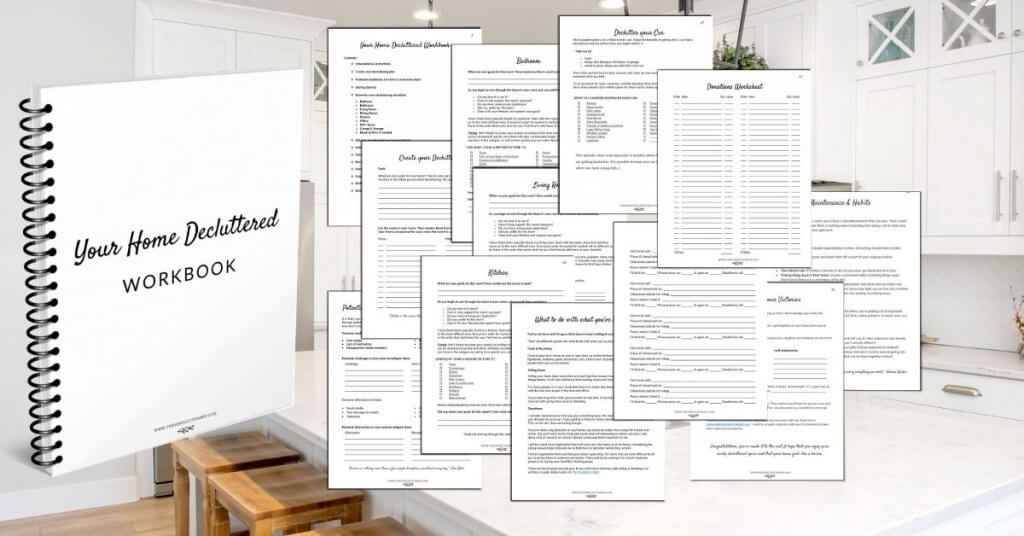

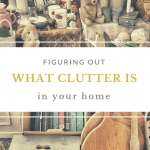
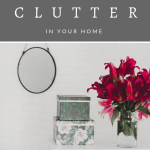
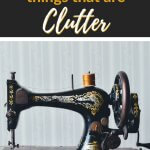
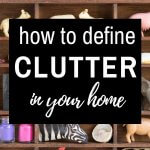
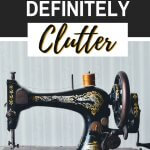
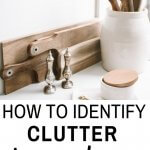
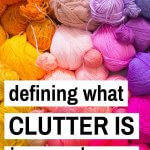
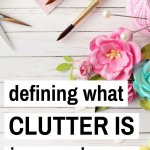
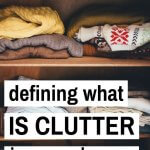
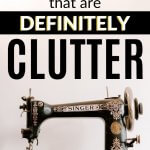
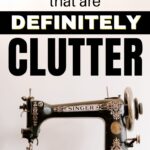
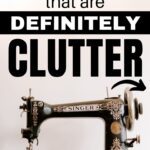
27 Comments